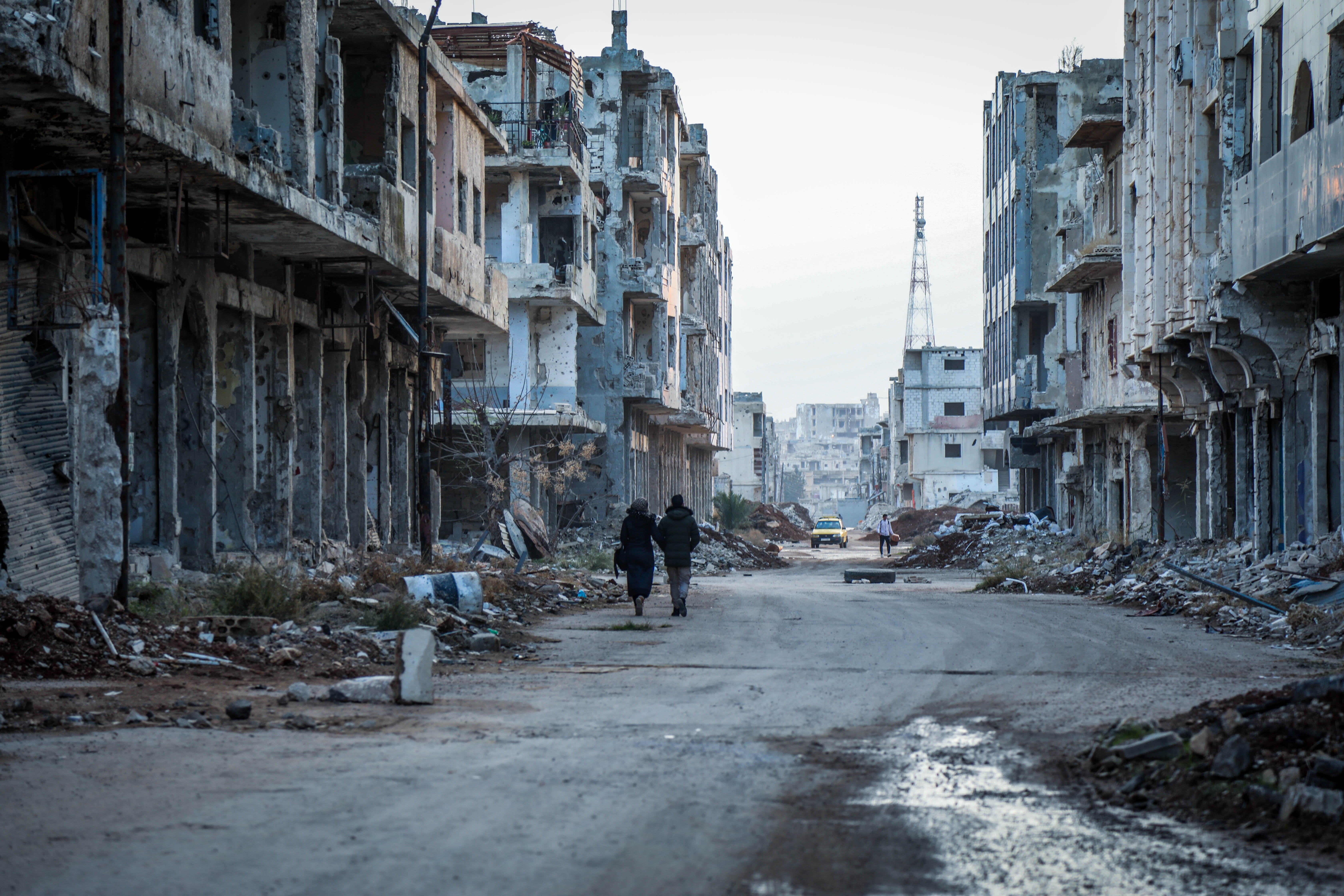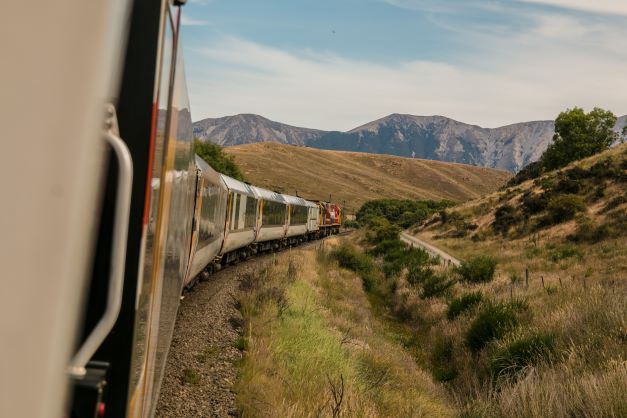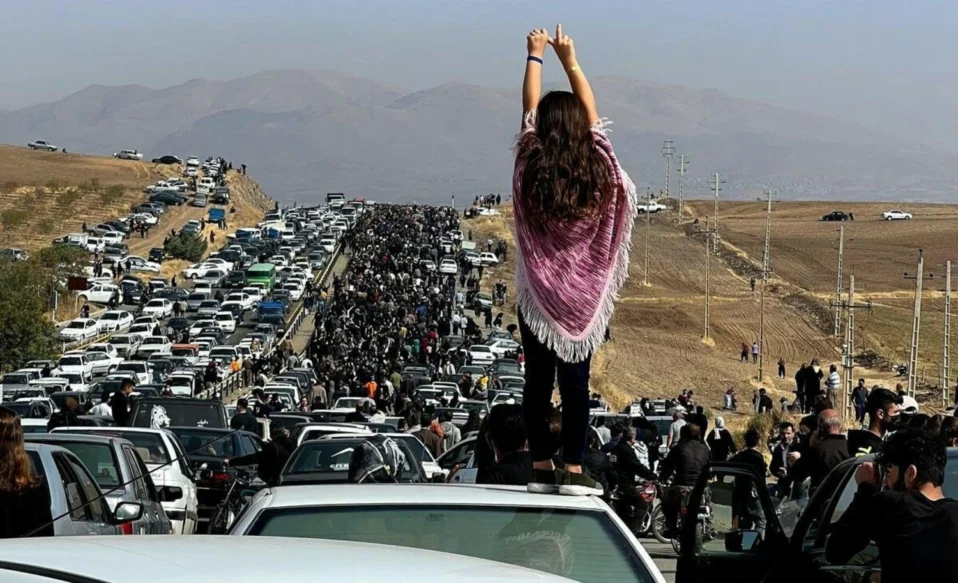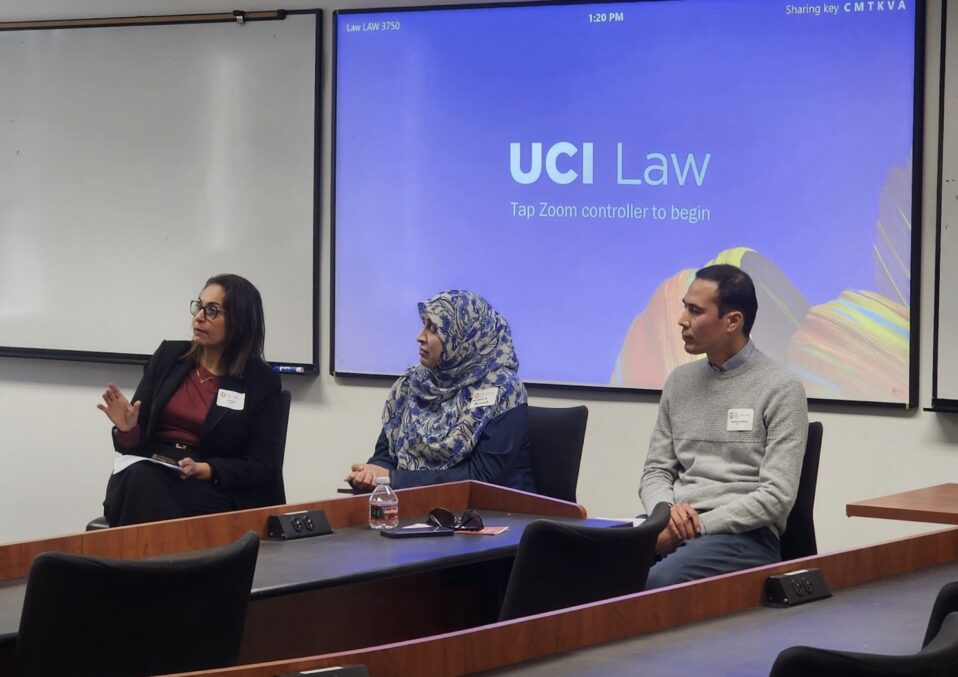Hayat Tahrir al-Sham (HTS) has occupied the northwestern provinces of Syria for almost five years, acting less as a terrorist organization and masking as a wannabe pseudo-government. The group was designated as a terrorist organization by the U.S., Turkey, and Syria, rightfully so, for their indiscriminate attacks, promotion of martyrdom in the name of jihad, and radical use of violence in opposition to President Bashar al-Assad. HTS gradually garnered quite the following, almost 20,000 strong and multiplying, as the group attacks and dominates other regional rivals. Recently, there were reports of military clashes between HTS and ISIS, leading to the capture and killing of ISIS leader Abu al-Hussein al-Husseini al-Qurayshi in April 2023. Initially denying involvement, it is believed the organization itself was responsible for the assassination, further solidifying its stance as Syria’s most tyrannical jihadist group.
Over the years, HTS tried to manipulate its image and disassociate from groups like al-Qaeda and ISIS as a means to be viewed as a legitimate insurgency group and maintain their stronghold in Idlib and the encompassing border crossings with Turkey. Successful military advancements continue to block Syrian security forces from retaking the rebel-held provinces, and ruthless crackdowns on dissidents have eliminated any viable political competition. Whether this is viewed as a strong influence or forced concession, it is clear that HTS is the only authority in that region.
As a result of HTS’ terrorist designation, Syria refuses to discuss diplomatic matters related to humanitarian aid or occupied border crossings, generating stalemates with UN aid workers and other international organizations. This issue is especially pertinent because of the earthquake that devastated Turkey and Syria earlier this year. The ability to get aid into the country is often halted at the Turkish border by HTS personnel restricting access. The ability to compromise with HTS on border crossings in their controlled territories is met with even more red tape due to Damascus’ stance that UN workers are not to work with designated terrorist organizations and HTS security denying entry into Idlib. Compounding the problem, HTS officials believe the Assad regime has and will manipulate the distribution of aid. The outgrowth of this is that they halt the passage through two key crossings and demand to be included in talks regarding distribution.
Transporting humanitarian aid remains a significant issue for Syria, Turkey, and the millions of civilians in need. Moving forward, there needs to be a balance between appeasing HTS leadership, so as not to exacerbate tensions along the border, and cooperating with Syria’s counter-terrorism policies to reduce the likelihood of Syrian retaliation against HTS. Currently, there is a low threat that HTS forces would attack any UN aid workers; however, with more attempts to use occupied border crossings, that risk could also increase. However, the necessity of getting aid into the war-torn country is non-negotiable, and the fighting in the region will not stop, regardless of the group in control of the border crossing. The greatest chance for increased cooperation also comes with limiting the involvement of Turkey and Russia in these talks due to both countries’ vested interest in the outcome of the civil war.
Currently, most of the population does not necessarily support HTS occupation, but there is little alternative, and punishment for dissent keeps criticism to a minimum. With limited resources, the necessity to survive and support families outweighs the ideologies or terrorist distinctions a group may have. In other words, the people in these regions are willing to comply with the regime that provides necessary security and resources. There is a risk that involving HTS in aid distribution will bolster popular support. Another risk involving either HTS or Syrian officials is the chance both groups would redistribute to its armies, rather than civilians, to fuel their military advancement.
It was reported in recent weeks that violence from both sides has ramped up. Increased Russian airstrikes, as well as bombings from Syrian forces, have targeted Idlib, leading HTS forces to adopt new defense strategies and fortify their front lines. If the situation at the border remains the same, the three million people living in the rebel areas will continue to suffer where they are or be forced to flee to neighboring countries, increasing refugee strain. Appeasing HTS and allowing them to continue their occupation of the border crossing could allow for swifter aid passage. However, doing so could also embolden the group to expand territorial control across the northern region. Doing nothing and continuing a lax security environment will encourage the organization to continue to absorb rival groups and challenge the Syrian authorities. With Syria’s recent return to the Arab League, perhaps now is the time to work with the Assad regime to regain control over this country riddled with conflict for over a decade.
Written by: Carley A. Smith is a MS candidate in the Global Studies and International Relations program at Northeastern University.






